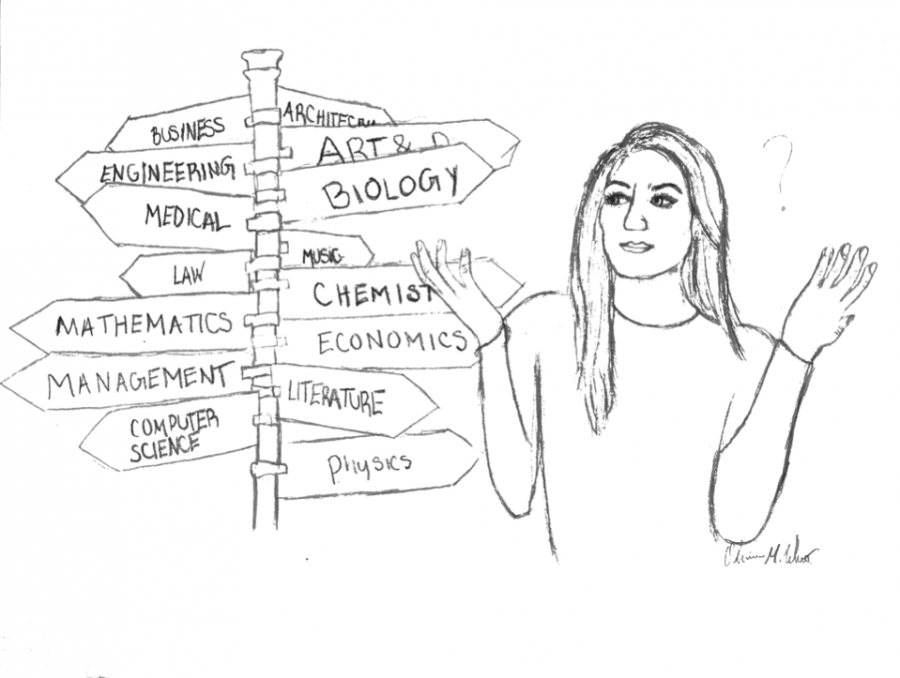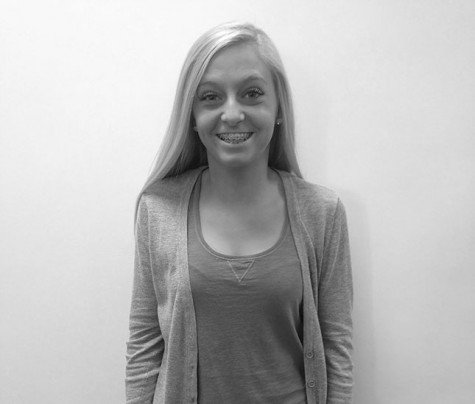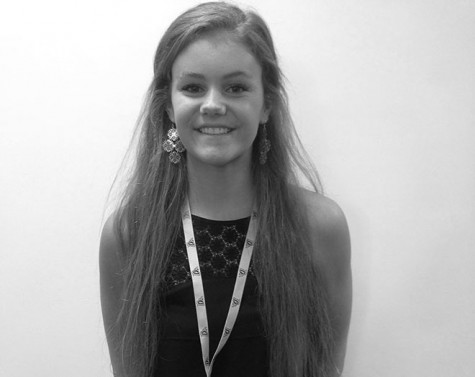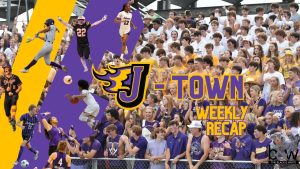Students enter college undecided, counselors approve
This is an illistration of a student unsure of what major to pursue. Many experts say that starting college with an undeclared major is ok.
January 27, 2015
Beginning college with an undecided major is often looked at in a negative way. Senior John May has not yet decided what he will major in. “I don’t feel pressured, but I do feel like I should have my major decided before I start college,” May said.
If a student feels that they need help finding a major that fits their interests the guidance counselors can help. In the guidance office there are multiple resources to help guide students to find a major. There are books to find a major based on personality and interests as well as what jobs to pursue based on a major. Help can also be found on Iowa College Access Network’s website. The books can be checked out by the students at anytime. “We encourage students to take a wide variety of classes in high school to find their interests,” guidance counselor Susan Baker said.
Ryan Thompson, the director of admissions at Grand View University, prefers to use the term “open” rather than “undecided” or “undeclared”. “Using the term ‘open’ means the student is open to trying new things, it gives them a chance to explore their opportunities and try different things,” Thompson said. “The student is not stuck in a box.” He believes that “undecided” gives off a negative connotation and puts pressure on the students.
If a student begins college “open,” Thompson recommends the student find a general idea of what they want to major in sometime before or during sophomore year. If a student has their major declared by sophomore year, they can begin talking to their advisor about internship opportunities. Students can begin looking at things other than academics that they want on their resume.
While students are trying to find a major, Thompson advises students to take their core classes and try knew things. Grand View offers many opportunities for students to reach out for help. Each student is assigned an advisor who can help guide them in the direction of a major that might fit the student. Grand View also has a career center that holds reflective software that is a self evaluation similar to a personality quiz. The goal of the software is to find majors options that might interest the individual.
“Being in the center of Des Moines there are a lot of opportunities for job shadowing,” Thompson said.
There is a lot of access for students to get help deciding what major they would like to declare.
Waiting a year, however, gives students a chance to explore new classes and diversify their schedule. It also ensures that the student is not wasting their freshman year taking classes specific to a major, only to find that they are uninterested in that major and just spent a year in classes they did not need.
Waiting two years to declare a major may hurt the student in the long run. “A student with four years of studying a major will have a higher chance of being successful than a student with only one or two years,” Thompson said. “The sooner you have it figured out the better.”
According to the University of Minnesota Duluth about 20% of all students start college undeclared and nationally about 65-85% of students change their major one or more times before graduating.






